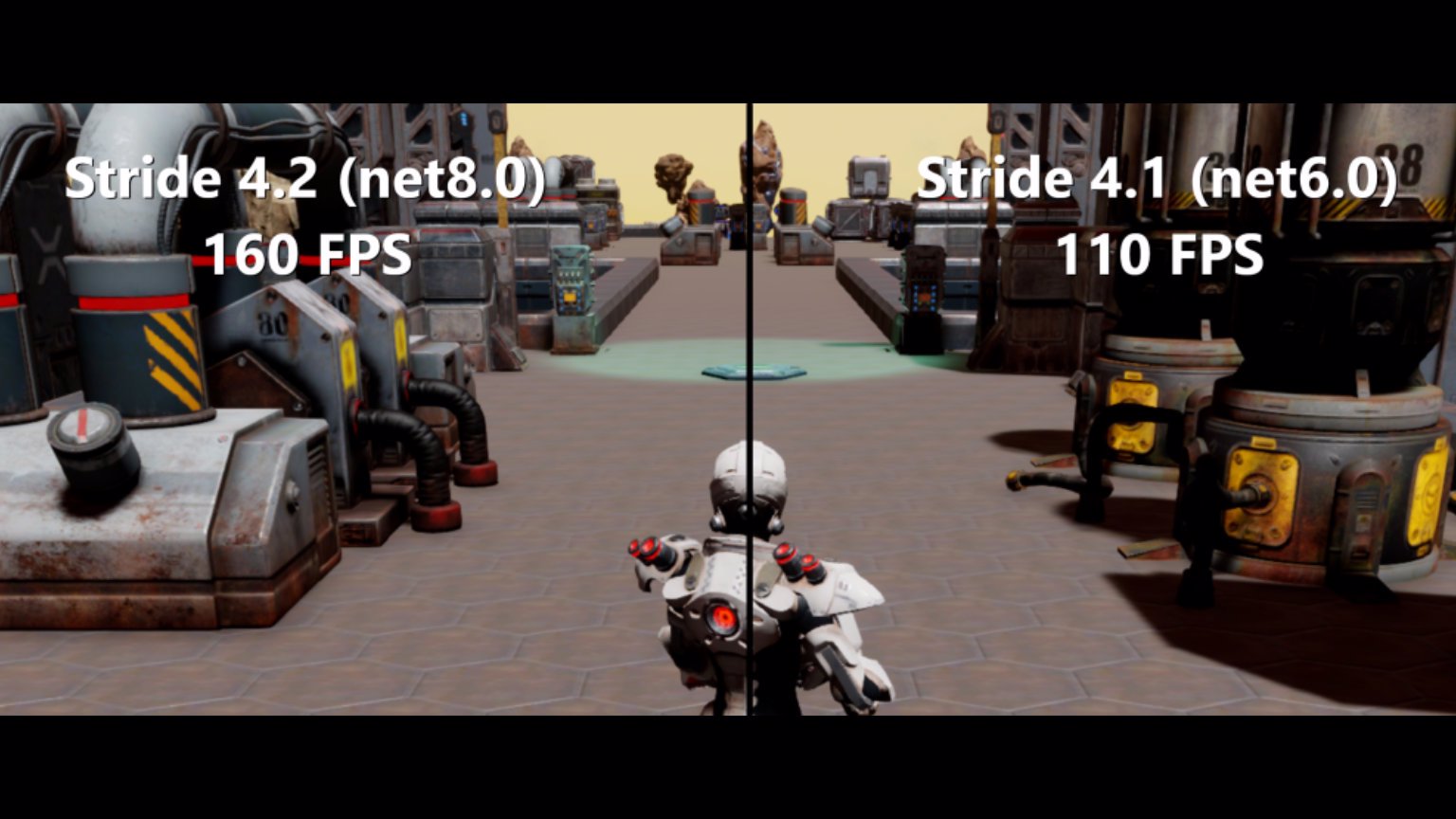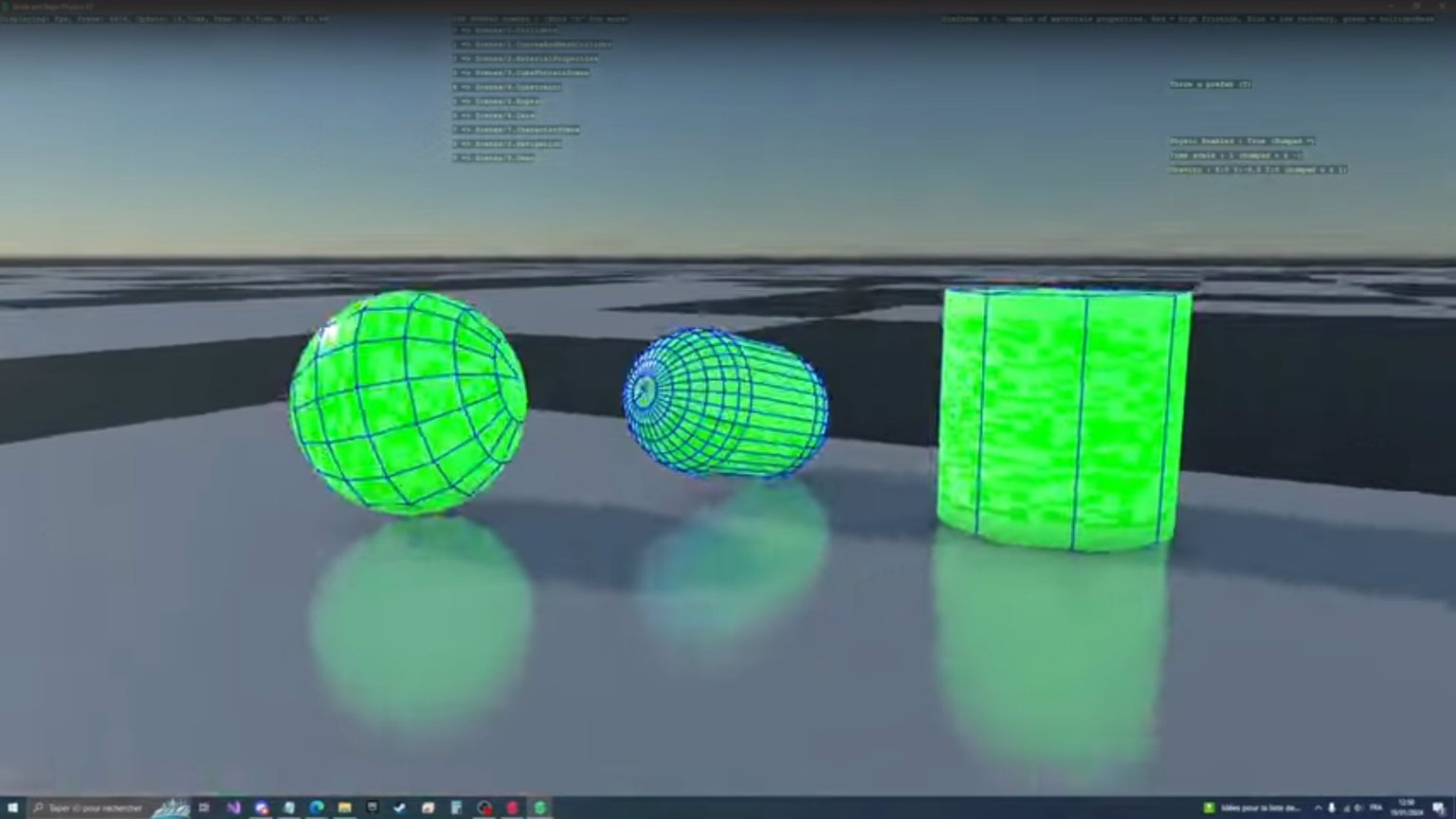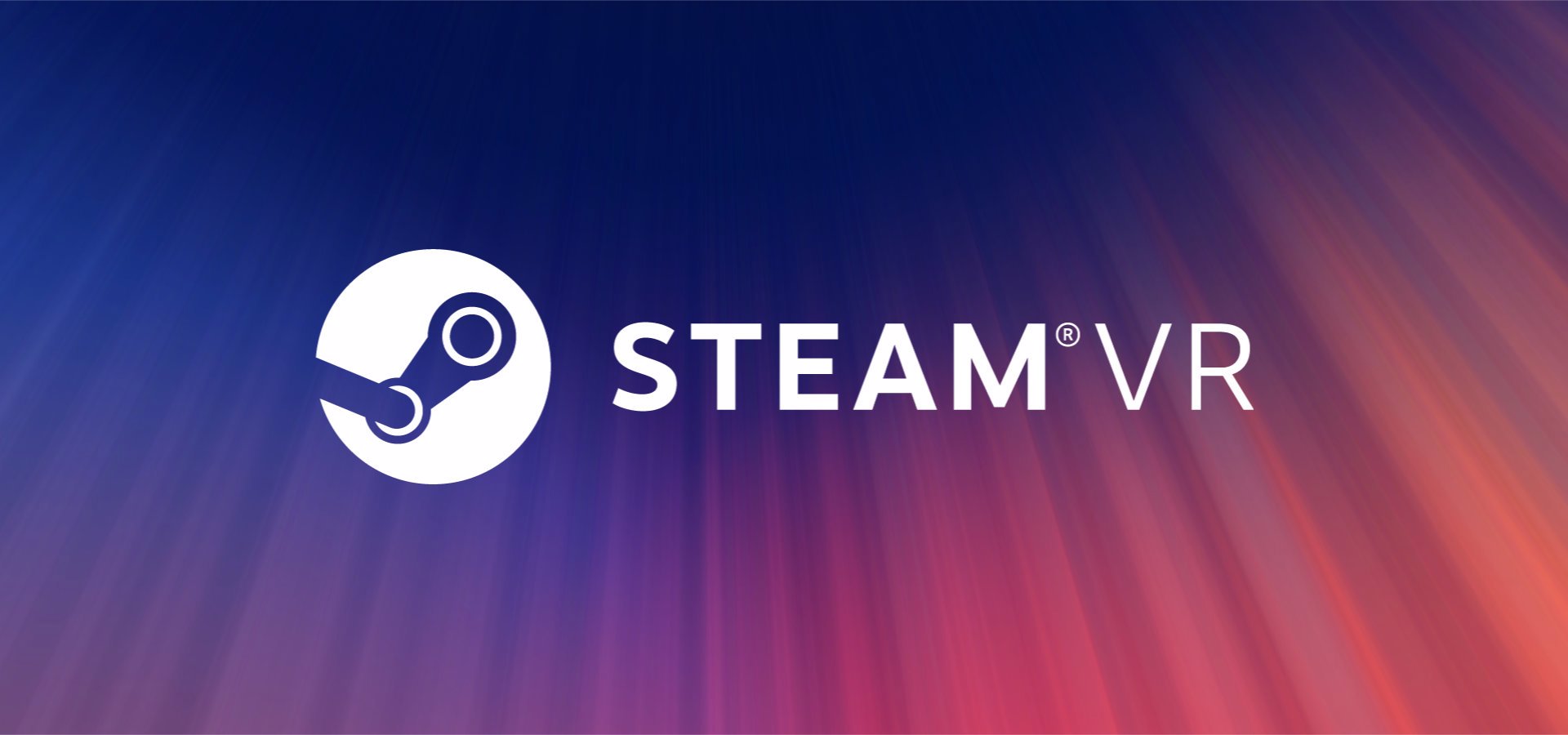Stride, the open-source cross-platform C# game engine, has received a new update. This update focuses on improvements to performance, stability, and the developer experience.
Some of the standout features of this release include integration with .NET 8, a new tool named Stride Diagnostics Analyzer, added support for F# and Visual Basic programming languages, and editor enhancements.
The integration with .NET 8 improves performance by accelerating execution times, reducing memory usage, and providing access to C# 12, which enables developers to create code that is cleaner and more concise.

Stride's new Diagnostics Analyzer feature facilitates the development process by providing immediate feedback in the IDE on compatibility issues with Stride's serialization system. This feature aims to reduce confusion about why specific properties may not appear in the editor.
Speaking of the editor, this release also sees the introduction of several enhancements, such as dynamic snapping during object transformations and the ability to select specific animations from a stack when importing FBX files, giving developers greater control over the assets imported into their projects.

Additionally, the editor is now equipped to automatically copy imported assets to the project's Resources directory, ensuring that assets are stored in the correct location.
Other additions include the transition of the asset compiler's binding from C++/CLR to Silk.Net.Assimp and the migration of gettext.NET to the latest stable version of .NET. The former simplifies the codebase and facilitates asset compilation on non-Windows systems. The latter enhances compatibility and stability by leveraging the features of the latest .NET environment.
The debugging and performance tuning process has also been improved with the introduction of a profiler that outputs data in the chrome://tracing format.
Support for F# and Visual Basic has been added, offering support for code-only projects in these languages.
Finally, VR development has been enhanced by enabling developers to specify custom resolutions in their VR projects, optimizing performance and visual quality for various VR devices.
In addition to the mentioned features, this release includes multiple bug fixes and advances that pave the way for future improvements. Key highlights include the integration of Bepu Physics and the initial steps in porting the entire editor from WPF to Avalonia.
Bepu Physics, a high-performance, multi-threaded physics library entirely written in C#, stands out as an ideal alternative to Bullet 3D. Currently available as an independent package, it is gradually moving towards deeper integration within the engine.
Simultaneously, the strategic move to port the editor to Avalonia, a cross-platform C# UI library, aims to render the editor compatible with Linux and MacOS. This aligns with the community's longstanding desire for broader platform support and enhanced editor functionality, including a robust plugin system.
For more information, be sure to check the announcement on Stride's website.




